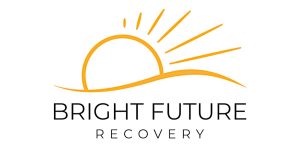[two_third]If a loved one is struggling with an addiction, it’s difficult to determine whether an intervention is a good idea. While timing may be a concern in some cases, an intervention is ultimately necessary for any addiction case. Friends and family may feel like an intervention would just cause a loved one to go on the defensive or descend deeper into addiction.
However, a properly executed intervention is incredibly valuable. A constructive drug intervention can help a person realize the effects his or her behavior has had on those closest to them and finally realize the need for change.
[/two_third] [one_third_last]
In This Post You Will Find:
- The Value of an Intervention
- Preparing for the First Intervention
- Constructive Conversations
- Concerns about Detox
- Multiple “Interventions”
- Life after Rehab
[/one_third_last]
The Value of an Intervention
An intervention is ultimately just an honest conversation; it may be difficult to frame certain issues and address them appropriately without guidance, but it’s impossible to overstate the potential value of an intervention. Substance abuse can take a devastating toll on a family in countless ways, and a person struggling with addiction will rationalize and go on the defensive to maintain his or her habit without a direct confrontation from those closest to him or her.
It’s also vital to remember that addiction recovery doesn’t require just one intervention. There are multiple opportunities for honest conversations throughout any recovery journey, and it is vital for everyone involved to appreciate the value of these conversations.
Preparing for the First Intervention
Attempting to “wing it” with a first intervention can have negative consequences. If family members feel slighted or frustrated with a loved one because of his or her addiction, tensions may escalate and emotions can flare. It’s vital for the participants in an intervention to prepare and figure out how to frame their concerns constructively. The goal of an intervention is to encourage the person with the addiction to enter an addiction recovery program. Accusations and heated arguments do more harm than good and could potentially send a person spiraling further into addiction.
Professional intervention services can be tremendously helpful and offer guidance for a more positive intervention. Some family members may need coaching to articulate their thoughts without causing arguments or escalating tempers. Others may need to do some introspection of their own to come to terms with how they may have influenced a loved one’s addictive behaviors or helped him or her maintain an addiction.
[colorsection bgcolor=”grey”]
Having Constructive Conversations throughout Recovery
Some family members may deny that a loved one has a problem or may not realize their role in contributing to it. For example, a parent paying a child’s rent and expenses while he or she spends all of his or her money on drugs is enabling the child’s habit. It can be very difficult for some people to honestly confront these issues, but it is a necessary step in any addiction case. The family and friends participating in an intervention should make it clear that they love and support the person with the addiction, but they will not allow the person to continue taking advantage of them.
[one_half]
Concerns about Detox
The subject of an intervention may feel nervous just thinking about entering detox. This is where an intervention can be a great opportunity to show him or her available treatment options. Family members can prepare with brochures and pamphlets that help lay any worries about detox to rest and make the person with the addiction feel better about entering treatment.[/one_half][one_half_last]
Learn More:
- Detox Is Safer And More Effective When You Taper In Medically Supervised Treatment
- Detox Helps Reduce Acute Withdrawal Symptoms and Post-Acute Withdrawal Syndrome (PAWS)
[/one_half_last][/colorsection][clearfixspace]
Some Patients May Need Multiple “Interventions”
in California
[one_third] [/one_third][two_third_last]If an intervention is just an honest conversation, then the average person entering substance abuse treatment should expect to have several “interventions” throughout the recovery process. The initial intervention to encourage him or her into treatment is just the first step; addiction recovery entails confronting past misdeeds and repairing relationships with friends and family hurt by substance abuse. One of the major steps in recovery is taking an honest moral inventory of the effects substance abuse has had on a person’s life and taking responsibility for those choices.
[/one_third][two_third_last]If an intervention is just an honest conversation, then the average person entering substance abuse treatment should expect to have several “interventions” throughout the recovery process. The initial intervention to encourage him or her into treatment is just the first step; addiction recovery entails confronting past misdeeds and repairing relationships with friends and family hurt by substance abuse. One of the major steps in recovery is taking an honest moral inventory of the effects substance abuse has had on a person’s life and taking responsibility for those choices.
Overcoming the Effects of Addiction
Addiction can devastate a family in countless ways. The emotional scars left by substance abuse can affect families for years and through generations. An intervention is a necessary step in recovering from these past traumas. Going through the recovery process not only helps an individual control his or her cravings and lead a healthier life but also provides the opportunity to address emotional issues within a family and past relationships and improve the chances of long-term sobriety.
The interventions experienced throughout the recovery process help to prepare a person for sober living after rehab as well. These conversations may take place between a person with an addiction and his or her friends and families, caregivers, and therapists. When these conversations are constructive, they can help a person understand the consequences of his or her actions and make better decisions in the future.[/two_third_last]
[clearfixspace][colorsection bgcolor=”grey”][center]
Rebuilding a Life after Rehab in San Francisco
For families looking for a California drug and alcohol detox program, Bright Future Recovery offers addiction treatment in San Francisco and Hollister for those who want a comfortable detox experience in a therapeutic and supportive atmosphere. Our programs include detox, rehab, and long-term recovery services for people struggling with drug and alcohol addiction. We also help with addiction relapse prevention and ongoing support for life after rehab.
Returning to the “real world” after rehab is difficult, and relapse rates are high throughout the country. With this in mind, it’s vital to appreciate the value of interventions throughout the recovery process. These conversations aid the overall recovery process and can help a family heal from past traumas and go forward in positivity. They also help prepare a person for sobriety and can help minimize the chance for relapse.
Start an Intervention Conversation Here [/center]
[/colorsection]







